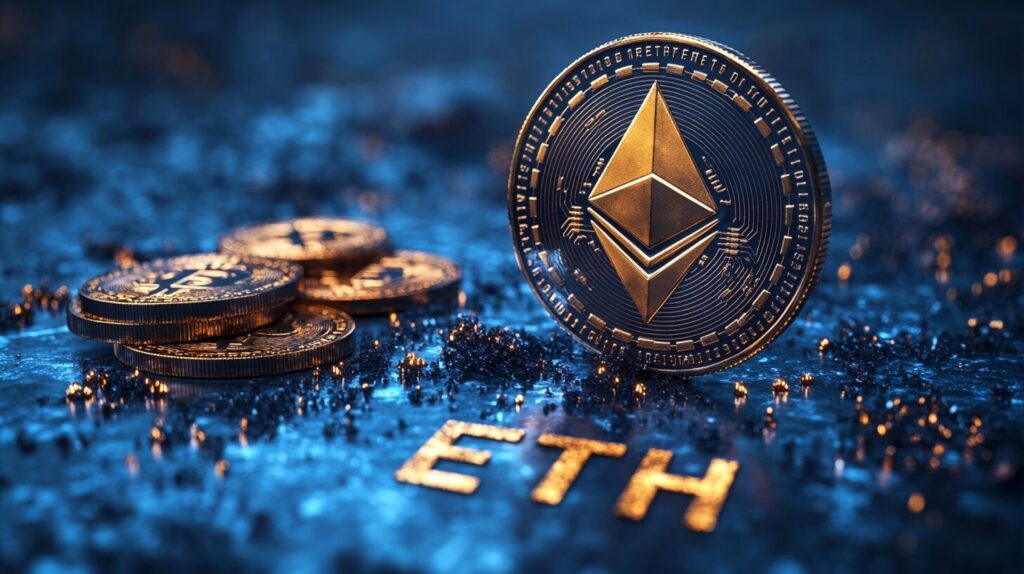Ether (ETH) is a crucial component of the Ethereum blockchain, serving as its native cryptocurrency. Unlike Bitcoin, which primarily functions as digital money, ETH powers various applications on the Ethereum network.
Definition of Ether (ETH)
ETH is the digital currency used on the Ethereum blockchain. It functions as both a cryptocurrency and a fuel for the network’s decentralized applications (dApps). Users pay for transactions and computational services with ETH, making it an essential element of the Ethereum ecosystem.
Why do people call Ether, Ethereum?
People often refer to Ether as Ethereum because ETH is the currency used within the Ethereum network. Ethereum is the blockchain platform that supports smart contracts and dApps, while ETH is the currency that powers these functions. The close relationship between the two often leads to the interchangeable use of their names.
What is the difference between Ether and Ethereum?
Ethereum is the blockchain platform that allows developers to create or deploy decentralized applications and smart contracts. Ether (ETH), on the other hand, is the cryptocurrency used within the Ethereum network to pay for transaction fees and services. Essentially, Ethereum is the technology, and ETH is the currency that fuels it.
Is Ether a good coin?
Ether is considered a valuable cryptocurrency due to its significant role in the Ethereum network. Its utility extends beyond simple transactions, enabling the execution of smart contracts and dApps. This versatility contributes to its high market value and widespread adoption. However, like all cryptocurrencies, it carries inherent risks.
Is ETH and ETH 2.0 the same?
ETH and ETH 2.0 are not the same. ETH refers to the original Ether cryptocurrency, while ETH 2.0 represents the upgrade to the Ethereum network aimed at improving scalability, security, and sustainability. The transition to ETH 2.0 involves moving from a proof-of-work (PoW) to a proof-of-stake (PoS) consensus mechanism, which significantly alters how the network operates.
Ether is Different From Bitcoin?
Ether differs from Bitcoin in several ways. While Bitcoin is primarily a digital currency for peer-to-peer transactions, ETH serves as both a currency and a means to power the Ethereum network’s smart contracts and dApps. Additionally, Ethereum’s blockchain is more versatile, supporting various applications beyond simple financial transactions.
What Is the Gas Fee in Ethereum?
The gas fee in Ethereum is the cost required to perform transactions or execute smart contracts on the Ethereum network. It is paid in Ether and ensures that computational resources are allocated efficiently. Gas fees fluctuate based on network demand and the complexity of the operations being performed.
What are the advantages of Ether?
Ether offers several advantages, including:
- Versatility in powering smart contracts and dApps.
- High liquidity and market capitalization.
- Strong developer community and continuous technological advancements.
- Decentralized nature, enhancing security and transparency.
How risky is ETH?
Like any other cryptocurrency, investing in ETH includes risks such as market volatility, regulatory uncertainties, and technological challenges. While ETH has shown substantial growth and adoption, potential investors need to do their own research and consider their risk tolerance before investing.




